Slow Knowing Deep Learning
for Health-Justice
Inter-connection for public health
Live zoom session https://us02web.zoom.us/j/86419703983
3.30pm – 5pm UK time Meeting ID: 864 1970 3983 Passcode: 113544
** UK clocks change at the end of March **
Activity One
Framing Change
Nikki shared some links related to last week’s session that are relevant to this session too, and I’ve put them in the resources section. Thanks Nikki
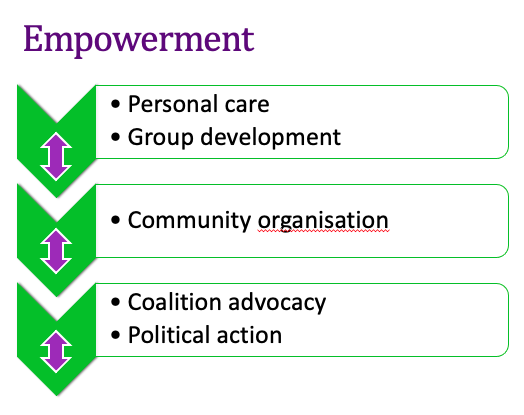
A simple and helpful framing that links self-care and social action is one I came across early on in my search for different framings of fatness. Ironically perhaps it’s in an article about “empowerment for adults with severe mental health problems and ob* ” by H Ekpe. Here’s the abstract. I don’t think it’s available free online. (It was written in 2001, I get the impression he would be open to reconsidering his views on language, and framings of fatness.)
Do you agree that this theorises empowerment?
He adds further details around some aspects of the process:
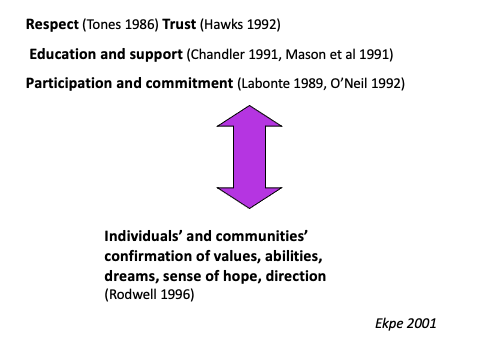
Other people use the term ‘self-empowerment’ as a necessary first step to social change. What do you think about this?
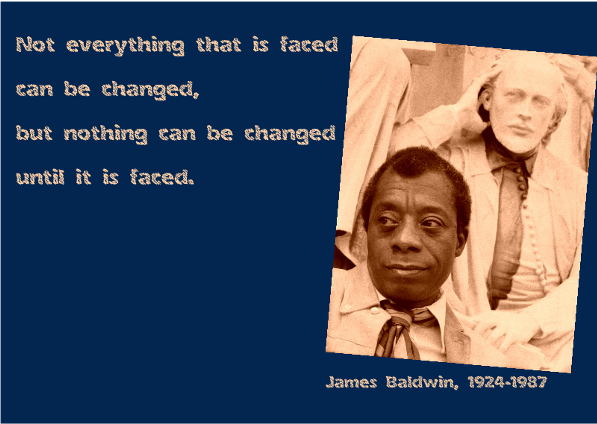
Activity Two
Liberation Psychology
Another key article that helped me organise my thoughts comes from community development/peace work.
The quote/framing is from Geraldine Moane’s work in Northern Ireland: Bridging the Personal and the Political: Practices for a Liberation Psychology
It’s quite a long article. It might be useful to skim read and pick one or two themes to think about in depth.
How does liberation psychology align with empowerment? Are they the same thing?
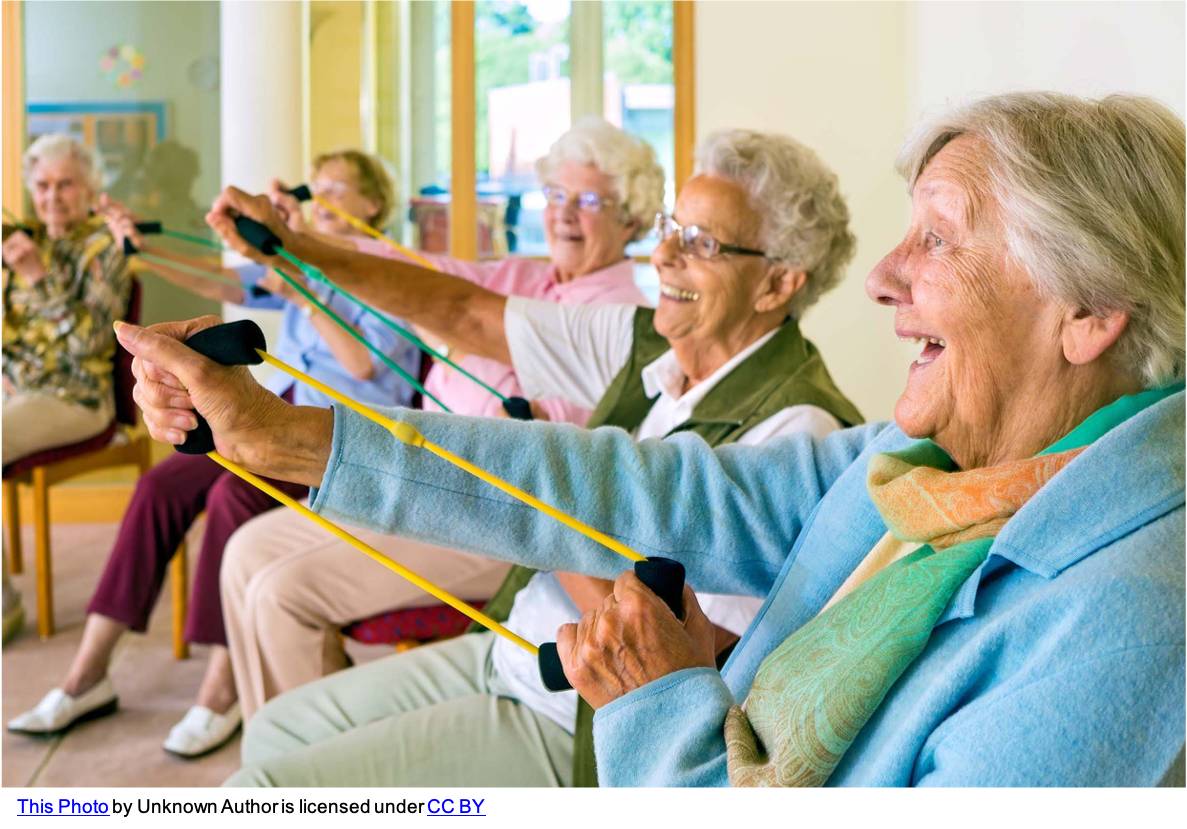
For anyone especially interested in psychology, community psychology is a discipline with a strong commitment to critical approaches to wellbeing interventions. The contributions are mainly from mental health professionals, who also largely form the community.
Activity Three
How Do We Know?
This is a question I asked earlier on in the course in connection with the Mediterranean diet. I suggested that there was more than one way of rationally interrogating data linked to health benefits of the Mediterranean diet.
It seems useful to revisit and add to the theme of exploring deep assumptions when building knowledge.
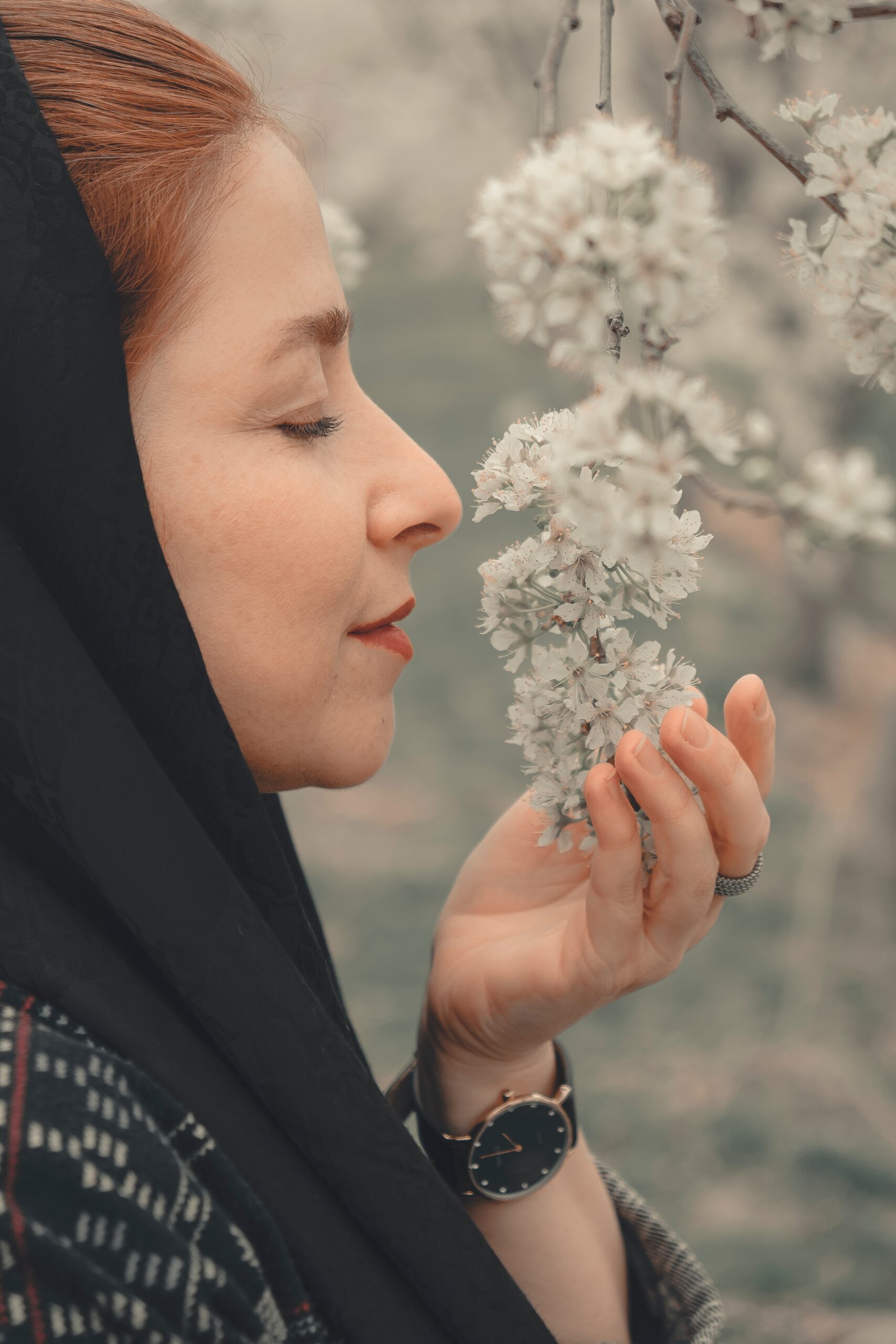
Here the invitation is to go beyond a scenario of several ways of constructing a rational justification, to think of different ways of knowing, including non-rational.
We’ll pool these in the zoom call.
How does knowing fit in with belief and truth/s?
What impact does it have that rationality is valued above body-based wisdom?
Activity Four
Identity Wheel
I am a great fan of the paper plate in training, and if you happen to have one lying around now’s your chance to use it!
Alternatively, a pen and paper is great.
Here’s how it goes: draw a circle and divide it into sections. 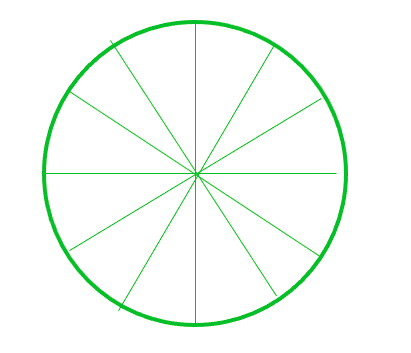
Each section is an aspect of your identity for you to name. Add as many sections as you like.
Once you’ve done this, can you think through the different ways in which these aspects shape your life. Here’s some suggestions. Using a coloured pencil, shade in those aspects that generally work in your favour. Using a different coloured pen, shade in aspects that often work against you socially.
If there are aspects of your identity you prefer not to share in public, why is this?
You can add more nuance by considering these questions as if you are at home, at work, among friends etc.
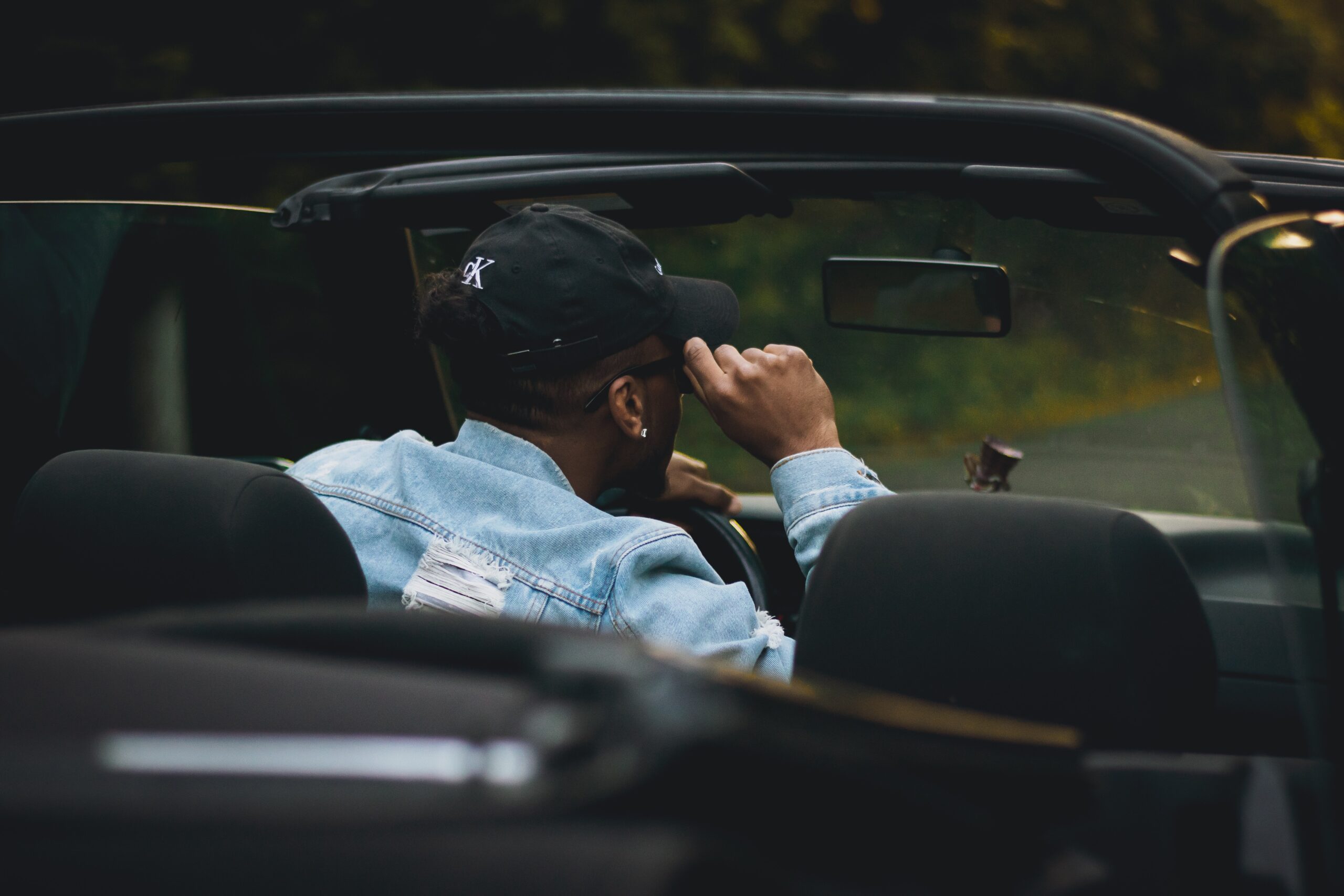
How did this feel?
What have your learnt?
Can you define ‘identity’?
There’s lots of examples of different ways to do identity wheels on the net, here’s one with lesson notes.
Activity Five
Activity Six
Hope as a Practice
This quote, by a GP in northern England, is one I return to over and over. I find it helps to keep me on track with praxis, and hope as a practice.
The toxic combination of limited and iniquitous access to resources against a high profile of poor health and a political ideology which puts individual agency at the heart of health delivery, eschewing the structural inequalities as causal, places the practitioner in a dilemma. Hand wringing helps no one and defeatism creates cynical doctors who can offer little therapeutic care. I believe that there are two constructive responses we can offer. The first is compassion. I offer this not as a superficial panacea but as an active stance which recognises the lived realities of patients and their contextualised embodied narratives of distress. It is a position which prohibits unrealistic expectations and demands of patients and does not diminish the dignity of individual lives. The second is a re-awakening of [practitioners’] role as advocates for social justice. (Roberts 2009:p46)

Activity Seven
Resources
Some great links from Nikki:
- Barry Johnson’s book “And” , with a second volume due which talks about how different people have applied this tool in the areas of equity and justice.
- A recent example of polarity mapping is this recent post from Kai Cheng Thom in relation to “Loving Justice” (in the context of recent discussions on cancel culture). See here.
- Resources reflecting on the term “white fragility” and how it can be problematic – instagram lives: from Austin Channing and Rachel Ricketts, and Sonya Renne Taylor, as well as this post by Jessica Wilson.
- With respect to unpacking anti-fat bias, Bobbie Harro’s Cycle of Socialisation and Cycle of Liberation.

